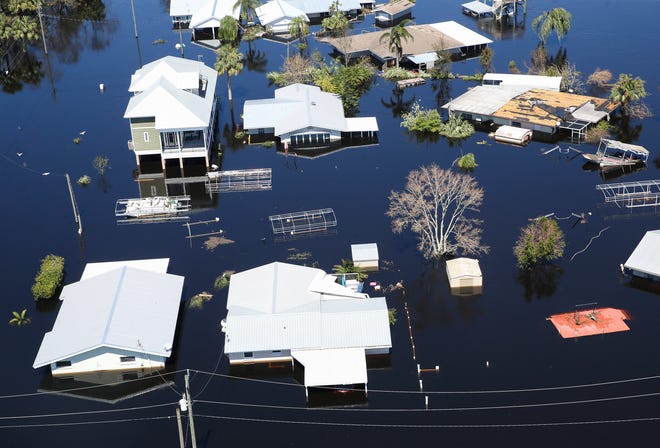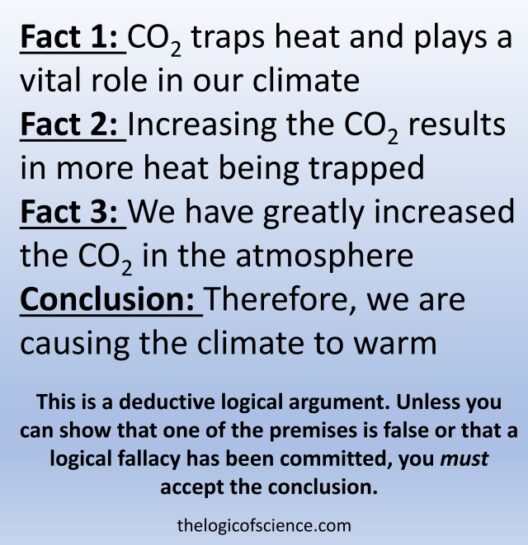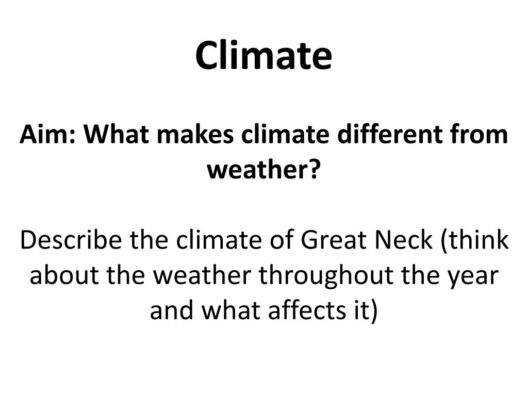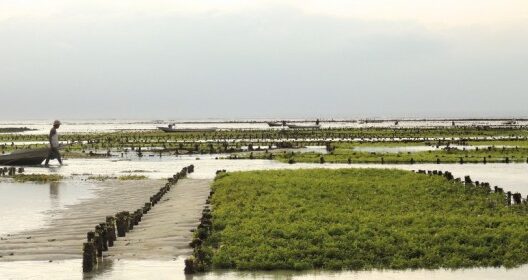Humanity’s impact on the Earth is profound and, in many ways, catastrophic. As stewards of the planet, we wield significant influence over its ecosystems, climate, and geological processes. This article delves into the intricacies of anthropogenic climate change, elucidating the myriad ways humans have contributed to global warming and its ensuing ramifications.
The phenomenon of global warming is, fundamentally, the result of an accumulation of greenhouse gases in the atmosphere. These gases include carbon dioxide (CO2), methane (CH4), and nitrous oxide (N2O), all of which have been significantly amplified by human activities. Prior to the dawn of the Industrial Revolution, atmospheric CO2 concentrations hovered around 280 parts per million (ppm). Today, that number has soared past 420 ppm, a staggering increase that underscores our role in altering the planet’s climate balance.
The primary driver of this escalation is the combustion of fossil fuels such as coal, oil, and natural gas. These energy sources, pivotal to industrialization, transportation, and electricity generation, release copious amounts of CO2 when burned. The transportation sector alone accounts for nearly a quarter of global greenhouse gas emissions, as vehicles, planes, and ships burn fossil fuels to facilitate the movement of goods and people. Furthermore, productions in industrial manufacturing, which frequently entail fossil fuel dependency, continue to exacerbate the situation.
A lesser-known but equally potent contributor to climate change is agriculture. Farming practices not only release carbon but also produce substantial amounts of methane and nitrous oxide. Livestock such as cattle produce methane during digestion, and when manure decomposes, additional methane is emitted. In parallel, synthetic fertilizers used in crop production release nitrous oxide as they break down. Collectively, these agricultural practices form a significant portion of the greenhouse gases that permeate our atmosphere, thus hastening global warming.
Furthermore, deforestation remains a critical factor in climate change. Trees act as carbon sinks, absorbing CO2 from the atmosphere. However, extravagant logging for timber, agriculture, and urban development reduces the planet’s capacity to sequester carbon. The clearing of forests, particularly in tropical regions, not only releases stored carbon but also destabilizes local climates. The loss of biodiversity accompanies deforestation, as countless species lose their habitats, thereby contributing to ecological imbalance and diminishing resilience against climate stressors.
This ecological degradation has far-reaching effects on weather patterns and systems. The increase in global temperatures leads to intensified storms, droughts, and heatwaves, phenomena witnessed globally. The Pacific Ocean has seen a notable rise in sea surface temperatures, contributing to the severity of hurricanes. Catastrophic weather events wreak havoc on communities, economies, and infrastructure. They disproportionately affect marginalized groups, further entrenching social and economic inequalities.
Climate change does not merely manifest itself in extreme weather. It also impacts oceanic health and dynamics. The absorption of atmospheric CO2 leads to ocean acidification, which threatens marine ecosystems, including coral reefs and shellfish populations. Such changes disrupt entire food webs and, by extension, the human communities that depend on these marine resources for sustenance and livelihood. The prospect of diminished fish stocks heightens food insecurity, further complicating an already intricate global challenge.
Humans must wrestle with the ethical implications of our contributions to climate change. The phenomenon raises profound questions about intergenerational justice and responsibility. Future generations will inherit the consequences of today’s choices—choices made by individuals, corporations, and governments. This moral weight necessitates a comprehensive response that transcends mere mitigation strategies. It calls for a re-evaluation of our economic models, energy consumption, and values concerning nature and sustainability.
Transitioning to renewable energy sources is imperative. Solar, wind, and hydropower present viable alternatives to fossil fuels, drastically reducing greenhouse gas emissions. Investments in clean energy technology not only mitigate climate change but also catalyze economic growth through job creation and reduced energy costs. Additionally, practices such as reforestation and promoting sustainable agriculture can restore ecosystems and enhance carbon sequestration efforts.
Yet, individual actions remain vital in the larger context of systemic change. Consumer choices—ranging from reducing meat consumption to supporting sustainable brands—can foster shifts in market dynamics. Advocacy and education play crucial roles in elevating awareness about climate change, fostering a collective understanding of our responsibilities as global citizens.
In conclusion, while climate change is an immense challenge rooted in human activities, it is not insurmountable. Recognizing our role in exacerbating global warming is the first step toward forging a sustainable future. Acknowledging the intricate connections between our choices and their repercussions on the planet enables us to harness our collective potential to mitigate these impacts. The quest for sustainability is not merely an environmental issue; it is an ethical imperative that calls for immediate and concerted action. Prioritizing the health of our planet today will determine the legacy we leave for generations to come.








